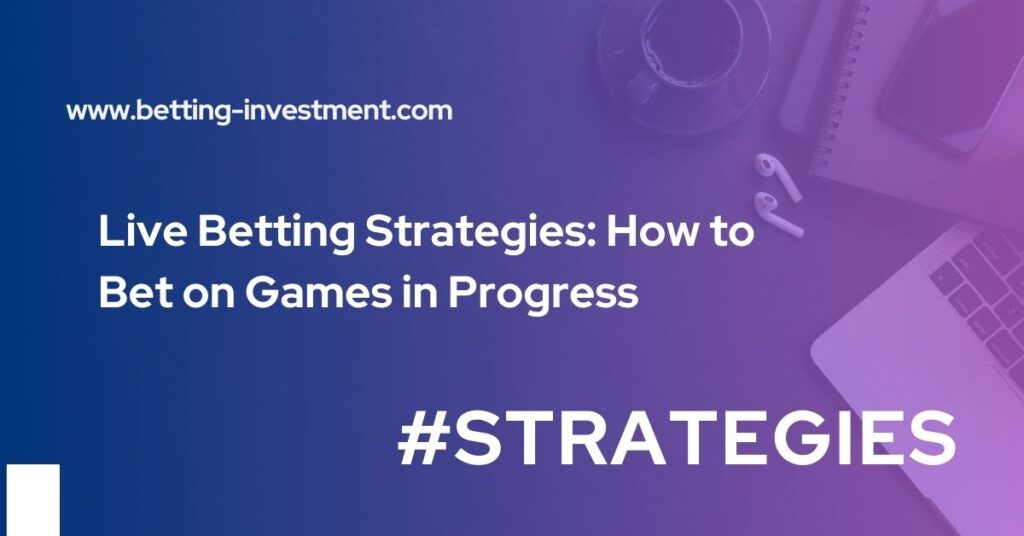In the world of sports betting, statistical analysis can be your best ally. While luck plays a role, understanding data and trends can significantly enhance your betting success. This article delves into how statistical analysis can transform your betting strategy, providing you with the tools to make more informed decisions.

Understanding the Basics of Statistical Analysis
Before diving into the complexities, it’s essential to grasp the basics of statistical analysis. This foundational knowledge will enable you to interpret data effectively and apply it to your betting strategies.
What is Statistical Analysis?
Statistical analysis involves collecting, reviewing, and interpreting data to uncover patterns and trends. In the context of betting, it allows you to make predictions based on historical data, rather than relying on intuition alone.
- Descriptive Statistics: This includes mean, median, and mode, which help summarize past performances.
- Inferential Statistics: These techniques allow you to make predictions about future events based on sample data.
Why Use Statistical Analysis in Betting?
Statistical analysis provides a structured approach to betting, reducing the reliance on gut feelings. By analyzing past performances, you can identify patterns that might not be obvious at first glance. This methodical approach increases your chances of making successful bets.
- Data-Driven Decisions: Make informed choices rather than speculative guesses.
- Risk Management: Understand potential risks and rewards before placing a bet.
Collecting and Analyzing Data
The next step is to gather and analyze relevant data. This process involves identifying the right data sources and using statistical tools to interpret the information.
Identifying Reliable Data Sources
To perform effective statistical analysis, you need access to reliable data. This includes historical performance data, player statistics, and other relevant information.
- Official Sports Websites: These often provide comprehensive statistics and historical data.
- Betting Platforms: Some platforms offer detailed analytics and insights.
- Third-Party Analytics Services: Consider subscribing to services that specialize in sports analytics.
Tools for Statistical Analysis
Once you have your data, the next step is to analyze it. There are several tools available that can help you perform statistical analysis efficiently.
- Excel: A versatile tool for basic statistical analysis and data visualization.
- R and Python: Programming languages that offer advanced statistical packages for more complex analyses.
- SPSS and SAS: Professional software solutions for in-depth statistical analysis.
Applying Statistical Models to Betting
With your data analyzed, it’s time to apply statistical models to your betting strategy. These models can help you predict outcomes and optimize your bets.
Common Statistical Models in Betting
Several statistical models are commonly used in betting to predict outcomes and assess risks.
- Regression Analysis: Helps identify relationships between variables, such as player performance and game outcomes.
- Monte Carlo Simulations: Uses random sampling to predict the probability of different outcomes.
- Poisson Distribution: Often used in sports betting to predict the number of goals or points in a game.
Developing a Betting Strategy
Using statistical models, you can develop a robust betting strategy that maximizes your chances of success.
- Set Clear Objectives: Define what you aim to achieve with your betting strategy.
- Identify Value Bets: Use statistical models to find bets where the odds are in your favor.
- Monitor and Adjust: Continuously monitor your strategy’s performance and make adjustments as needed.
Enhancing Your Betting Strategy with Advanced Techniques
To further improve your betting success, consider incorporating advanced statistical techniques and strategies.
Machine Learning and AI in Betting
Machine learning and AI can analyze vast amounts of data quickly, identifying patterns and trends that might be missed by traditional methods.
- Predictive Analytics: Use machine learning algorithms to predict future outcomes based on historical data.
- Real-Time Analysis: AI can provide real-time insights, allowing you to make informed decisions quickly.
The Role of Psychology in Betting
Understanding the psychological aspects of betting can also enhance your strategy. Recognizing cognitive biases and emotional influences can help you make more rational decisions.
- Avoiding the Gambler’s Fallacy: Don’t assume that past events affect future probabilities.
- Managing Emotions: Stay calm and objective, even when faced with losses.
Reflecting on Your Betting Journey
As you integrate statistical analysis into your betting strategy, it’s crucial to reflect on your journey. This reflection will help you identify areas for improvement and celebrate your successes.
Learning from Mistakes
Every bettor makes mistakes. The key is to learn from them and adjust your strategy accordingly.
- Analyze Losses: Understand why a bet didn’t succeed and what you can do differently next time.
- Adapt and Evolve: Continuously refine your strategy based on past experiences.
Celebrating Successes
Equally important is recognizing and celebrating your successes. This positive reinforcement can boost your confidence and motivation.
- Track Your Wins: Keep a record of successful bets and analyze what worked well.
- Set Milestones: Celebrate reaching specific goals or milestones in your betting journey.
By leveraging statistical analysis, you can transform your betting strategy from a game of chance to a calculated endeavor. With the right tools and techniques, you can make informed decisions, manage risks, and ultimately improve your betting success. Remember, the key is to stay informed, adaptable, and reflective throughout your betting journey.


